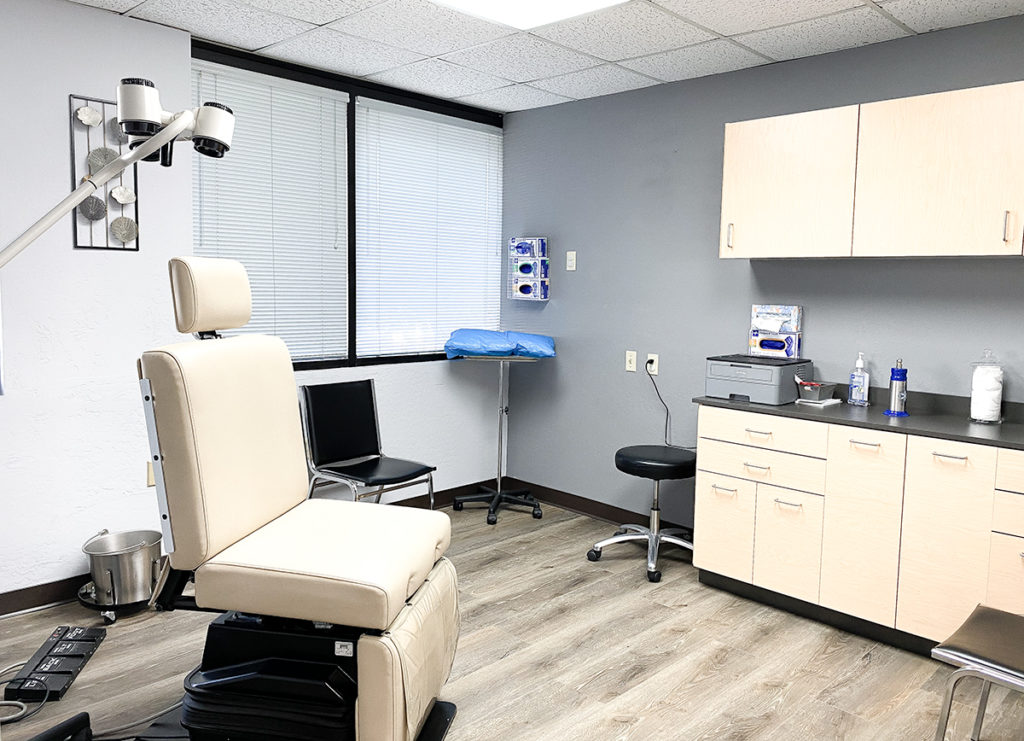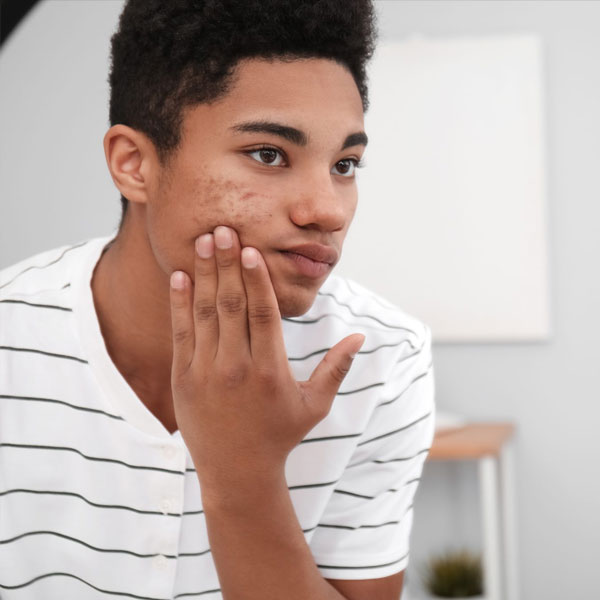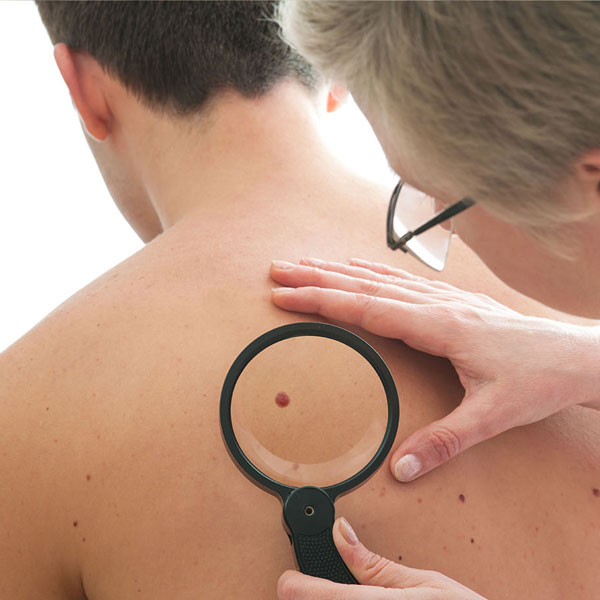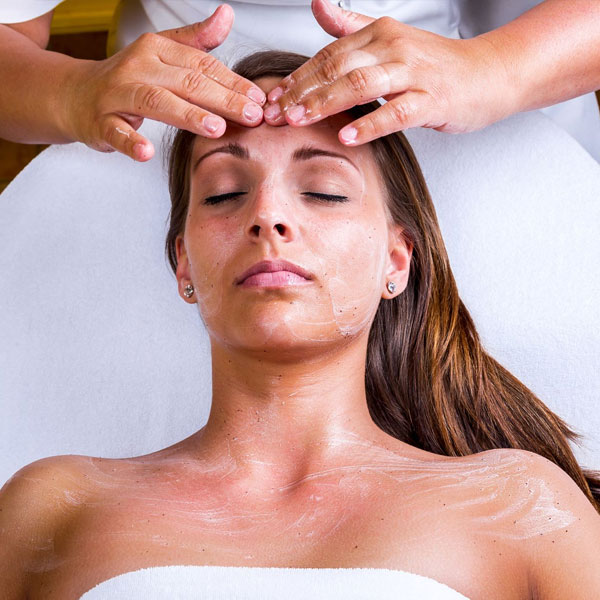Epiphany Dermatology of Central Phoenix (Sunnyslope), AZ
Meet Your Providers (some providers may service multiple locations)
-

Morgan Mackey, DO
Dermatologist that specializes in the prevention, detection, and treatment of skin cancer, as well as other disorders of the skin, hair, and nails
His work has contributed to a host of publications in major dermatology journals
Active member of the American Academy of Dermatology (AAD), the American Osteopathic College of Dermatology (AOCD), and the American Society for Dermatologic Surgery (ASDS), amongst others
-

Madison Monaco, PA-C
Certified physician assistant with a passion for dermatology
Clinical experience includes providing care in pediatrics, urgent care, internal medicine, and orthopedic surgery
Memberships with the American Academy of Physician Assistants, and the Society of Dermatology Physician Assistants
Our Phoenix dermatologists are committed to offering the highest standard of dermatologic care, working collaboratively with our patients to personalize their treatments, yielding the best possible outcomes.
Our board-certified dermatologists offer a wide range of dermatology services, including general dermatology, fillers, and skin cancer treatments. We work with our patients to help them look and feel their best.
Epiphany Dermatology of Central Phoenix is located on 3rd Street and Hatcher, on the second floor of the John C. Lincoln Medical Office Plaza 2 building.
Featured Services
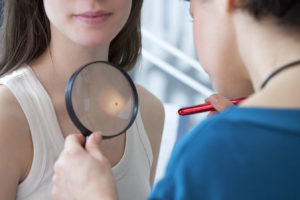
Skin Care Screenings
Skin cancer doesn’t discriminate. Anyone can get skin cancer, whether young or old, fair or dark, and it’s the most common type of cancer in the United States. Most people should have a professional skin examination once a year.
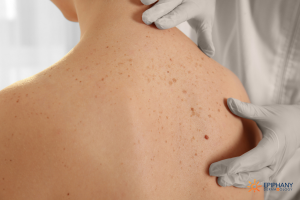
Pre-Cancerous Lesions
A skin spot referred to as a “precancerous lesion” is usually a specific sun-induced growth called actinic keratosis. It’s one of the most common issues we see in dermatology, and it’s what prompts most patients to schedule their dermatologist visits.
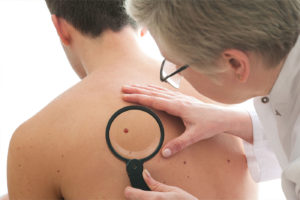
Biopsies
A biopsy is the removal of a piece of skin to help render a diagnosis of skin cancers or inflammatory conditions. Dermatologists biopsy an area to confirm a diagnosis that cannot be rendered with the eyes alone. We need a microscope to be certain.
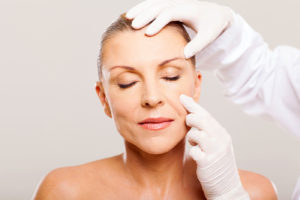
Mohs Surgery (On-Site Skin Cancer Removal)
Mohs surgery spares the most amount of normal tissue and has the highest cure rates for many non-melanoma and melanoma skin cancers. It’s the gold standard of care in non-melanoma skin cancers and is commonly used in the treatment of some melanomas.
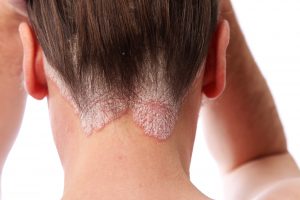
Psoriasis
Psoriasis is an inflammation in the skin driven by the body’s own immune system. The inflammation in the skin causes red, itchy, and scaly lesions mainly around elbows, knees and scalp. While not contagious, it’s important to seek the help of a dermatologist.

Rashes
A rash is an abnormal change in your skin’s texture or color, usually characterized by a red, scaly irritation on your skin. Because of the sheer number of rashes and their subtle differences, specialized training is required to properly diagnose and treat rashes.
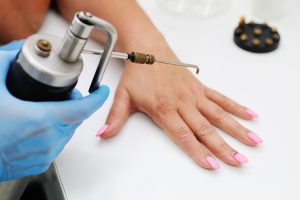
Warts
Warts are non-cancerous skin growths that appear when a virus infects the top layer of skin. Although they aren’t dangerous, they are contagious. As with any noticeable change in your skin, it’s best to consult our team, so we can provide treatment options.

Wrinkle Reduction (BOTOX® Cosmetic, Dysport®, etc.)
As our skin thins over time, it creases more easily with muscle movement. Neuromodulator (Botox® Cosmetic, DAXXIFY®, Dysport®, and Xeomin®) treatments prevent wrinkles because they lessen this contraction. With these injections, the toxins stop the muscle movements that cause frown lines, crow’s feet, forehead lines, and wrinkling.

Dry Skin
Dry skin is a very common, benign condition of the skin. Occasionally dry skin can progress to inflammation of the skin (dermatitis). In this case, you may want to visit your dermatologist to discuss treatments that can help improve your symptoms.

Hair Loss (Alopecia)
The cause of male pattern hair loss can typically be summed up in one word – genetics. If you’d like to learn more, we can educate you about the treatment options and possible side effects to help you determine the best course of action.
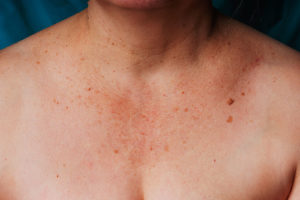
Sun Spots
Sun spots are light brown to tan spots that appear on the skin and are usually from sun exposure. The most common body areas affected are the face, shoulders, arms, and hands. They are usually benign, however, skin cancer can develop a lesion.




